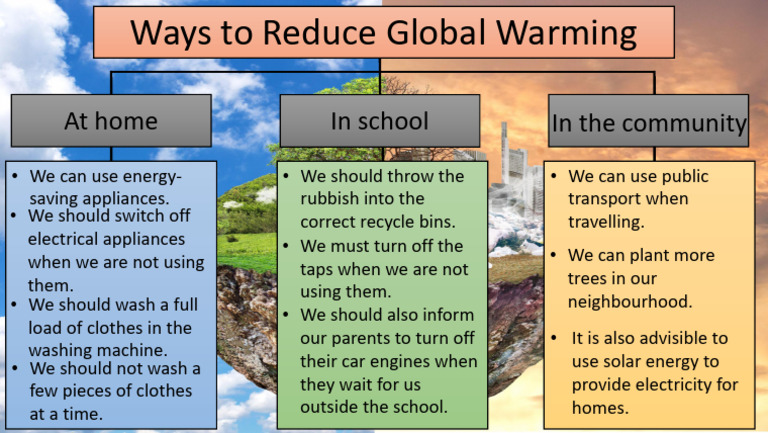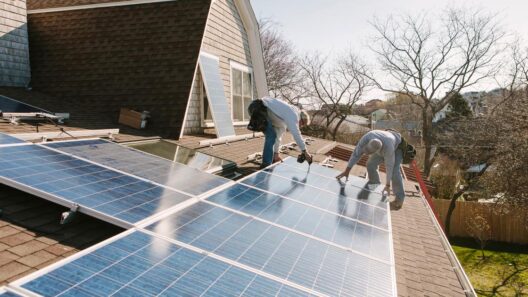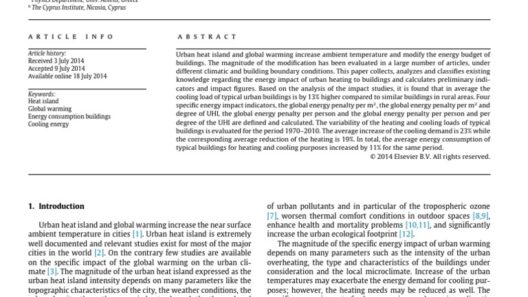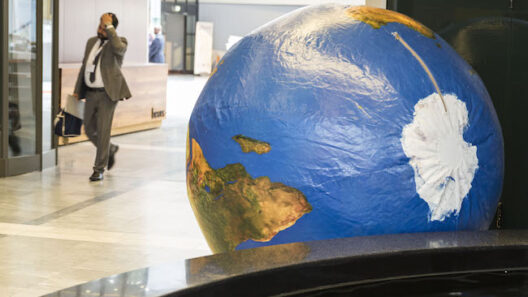Global warming is an existential threat that continues to loom ominously over our planet. Despite the overwhelming science underscoring its reality, there exists a palpable disconnect between knowledge and action. Many individuals may wonder, “How can I contribute to mitigating this impending crisis?” Remarkably, the answer lies in a multitude of micro-actions that, when aggregated, cultivate a robust response to climate change. This discussion endeavors to illuminate various practical strategies that everyone can implement to help diminish the effects of global warming.
First and foremost, reducing energy consumption is paramount. Individuals can mitigate their carbon footprint by becoming more conscious of their energy usage. Simple measures such as switching off lights when not needed, utilizing energy-efficient appliances, and adequately insulating homes can lead to substantial energy conservation. Opting for renewable energy sources, such as solar panels, where feasible, elucidates a commitment to sustainability. Transitioning to energy sources that do not emit carbon dioxide is a critical step in curtailing greenhouse gas emissions.
Transportation is another significant contributor to global warming. The combustion engines of personal vehicles release substantial amounts of carbon dioxide into the atmosphere. A collective shift towards public transportation, biking, carpooling, or even walking can drastically reduce individual carbon footprints. Furthermore, for those in a financial position to do so, investing in electric vehicles presents a sustainable alternative, representing a shift away from fossil fuel dependency. By embracing alternative modes of transit, individuals can contribute to a marked reduction in vehicular emissions.
A pivotal aspect of combating climate change lies within dietary choices. The livestock industry is a prominent source of greenhouse gases, primarily due to methane emissions. Embracing a plant-based diet or significantly decreasing meat and dairy consumption can lead to a noteworthy decline in one’s carbon footprint. Additionally, supporting local farmers and purchasing seasonal produce can help minimize the environmental impact stemming from transportation and industrial farming practices. It is imperative for consumers to exercise their purchasing power wisely, opting for organic and sustainably sourced products whenever possible.
Moreover, practicing the principles of waste reduction and recycling cannot be overstated. Our landfills, inundated with non-biodegradable materials, generate methane, a potent greenhouse gas. Embracing a zero-waste lifestyle is an inspiring, albeit ambitious, pledge that individuals can undertake. By striving to reduce plastic use, composting organic waste, and properly sorting recyclables, we are safeguarding our ecosystems for future generations. Communities can galvanize these efforts by instituting expansive recycling programs and reducing single-use plastics, collectively fostering a culture of sustainability.
Education plays an indispensable role in the fight against global warming. Individuals can become agents of change by educating themselves and others about climate science and its implications. Informative workshops, discussions, and community outreach programs can galvanize a more informed populace, capable of enacting change on a more substantial scale. By engaging in conversations about environmental issues, people can inspire their networks to adopt sustainable practices, thus amplifying their impact exponentially.
Advocacy is another powerful tool in the arsenal against global warming. Engaging with local, national, and international political processes can lead to impactful policy changes. Individuals should advocate for legislation aimed at curbing carbon emissions, investing in renewable energy, and preserving natural habitats. Lobbying for binding international agreements, such as carbon pricing or emissions reduction targets, empowers citizens to play a pivotal role in broader climate action. Collective voices, when unified, can influence policymakers and drive systemic change.
Another strategic avenue for individuals is engaging with and supporting environmental organizations. Contributing time, resources, or funds to non-profit organizations dedicated to restoring ecosystems, conserving biodiversity, and advocating for environmental justice amplifies collective efforts to combat climate change. Active participation in local environmental initiatives, like tree-planting campaigns or clean-up drives, fosters community engagement and ignites a sense of responsibility towards the planet.
Moreover, fostering a sustainable lifestyle goes beyond individual actions; it extends into our communities. Forming cooperative groups focused on sustainability can enhance local resilience. Community gardens, renewable energy co-ops, and shared resources can reduce individual burdens while cultivating a communal ethos of environmental stewardship. Such community initiatives engender social bonds that further strengthen collective action against climate change.
Turning our attention to the digital realm, individuals can utilize social media platforms to raise awareness about climate-related issues. Sharing information, success stories, and sustainable practices can pique interest and encourage individuals to take action. Utilizing hashtags or participating in global awareness campaigns can foster a sense of global solidarity in battling climate change, engaging a broader audience than what is locally achievable.
Finally, cultivating a connection with nature can reinvigorate our commitment to environmental stewardship. Activities like hiking, birdwatching, or simply spending time in green spaces can enhance one’s appreciation for the planet’s intrinsic beauty. This newfound reverence often translates into a dedication to protect these environments, fueling further action against global warming.
In conclusion, the multifaceted approach to combating global warming emphasizes that every action, no matter how small, contributes to a larger mosaic of change. By empowering individuals with knowledge and encouraging sustainable practices, a communal effort to halt or reverse the effects of global warming becomes increasingly feasible. The urgency of climate action urges us all to reconsider our habits and become proactive stewards of the environment. Each small step forward serves as a testament to our collective responsibility, demonstrating that together, we can make an earth-shattering difference in the fight against global warming.








